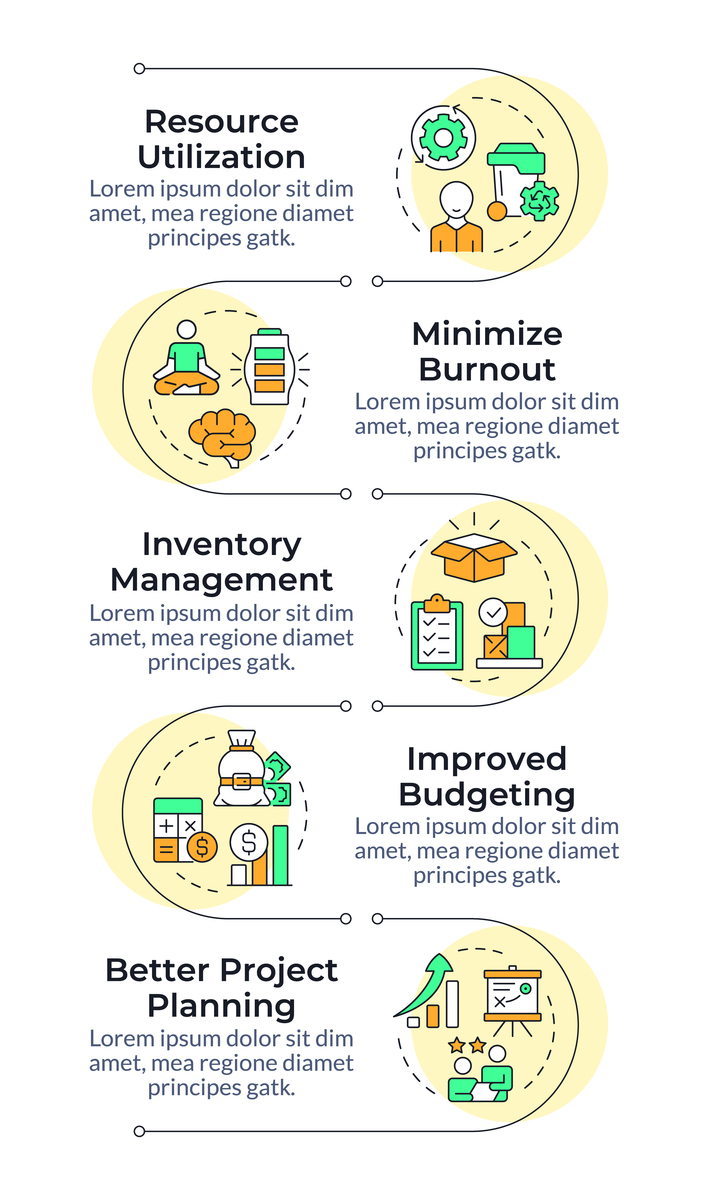Mobile Devices in Education: A Literature Review on Enhancing Student Learning Outcomes
Introduction
The field of education has undergone significant changes over the years, particularly in the way that technology is incorporated into teaching and learning. As a result, there has been an increased interest in the use of mobile devices such as tablets and smartphones in the classroom. This literature review aims to explore the effectiveness of mobile devices in enhancing student learning outcomes.
Literature Review
Mobile devices have become an integral part of modern society, with over 6 billion mobile phone users worldwide (Gartner, 2019). The use of mobile devices in education has gained popularity due to their portability, versatility, and accessibility. Mobile devices allow students to access learning materials anytime and anywhere, making it easy for them to study at their own pace.
In a study conducted by Kirschner and Karpinski (2010), it was found that students who used mobile devices to study performed better than those who did not. The study showed that mobile devices offered students the opportunity to engage in self-directed learning, which in turn improved their academic performance. Additionally, mobile devices allow for personalized learning, where students can tailor their learning experience to fit their individual needs and preferences.
Mobile devices have also been found to be effective in promoting collaborative learning. A study by Chen and deNoyelles (2013) found that students who used mobile devices to collaborate on group projects had higher levels of engagement and better communication skills than those who did not. This is because mobile devices allow for real-time communication and collaboration, making it easier for students to work together on projects.
One of the challenges of using mobile devices in education is the distraction they can cause. Students may be tempted to use their devices for non-academic purposes, which can affect their academic performance. However, a study by Junco (2012) found that when used appropriately, mobile devices can actually improve student engagement and motivation. The study showed that students who used mobile devices to access educational resources were more engaged in the learning process and had higher levels of motivation.
Conclusion
Overall, the literature suggests that mobile devices can be effective in enhancing student learning outcomes. They enable students to engage in self-directed and personalized learning, promote collaboration and communication, and can improve student engagement and motivation. However, it is important to ensure that students use their devices appropriately and avoid distractions that can affect their academic performance. As the use of mobile devices in education continues to grow, further research is needed to explore their impact on student learning outcomes.
References
Chen, B., & deNoyelles, A. (2013). Exploring student perceptions of using mobile devices in higher education. Journal of Educational Technology Development and Exchange, 6(1), 1-14.
Gartner. (2019). Gartner says worldwide smartphone sales will remain weak in 2019. Retrieved from https://www.gartner.com/en/newsroom/press-releases/2019-02-21-gartner-says-worldwide-smartphone-sales-will-remain-weak-in-2019
Junco, R. (2012). The relationship between frequency of Facebook use, participation in Facebook activities, and student engagement. Computers & Education, 58(1), 162-171.
Kirschner, P. A., & Karpinski, A. C. (2010). Facebookᆴ and academic performance. Computers in Human Behavior, 26(6), 1237-1245.

原文地址: https://www.cveoy.top/t/topic/ncku 著作权归作者所有。请勿转载和采集!